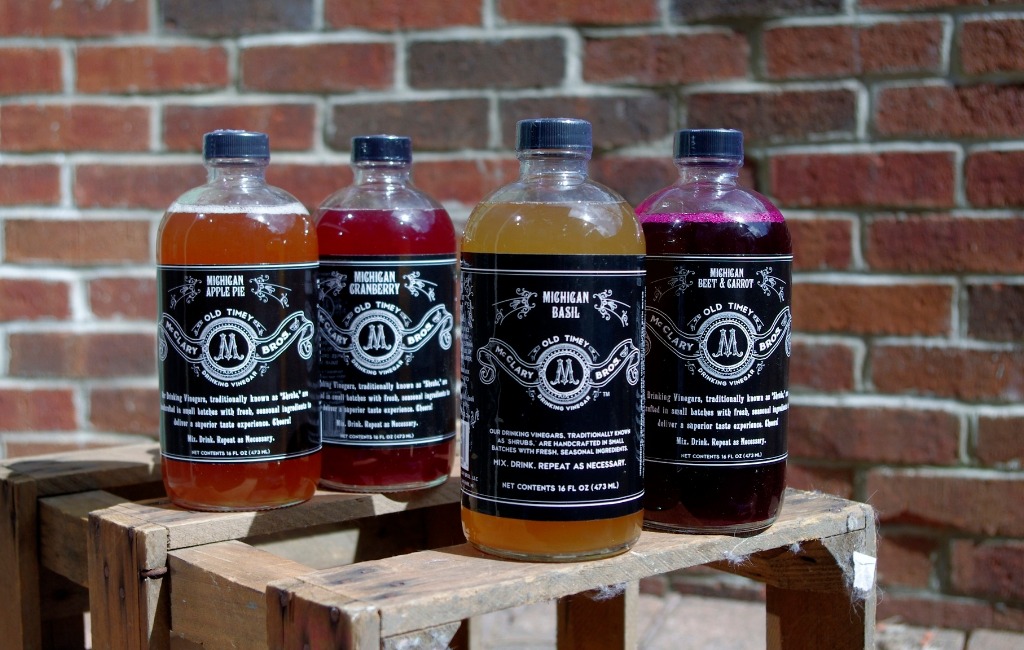Acton Rocket Skates
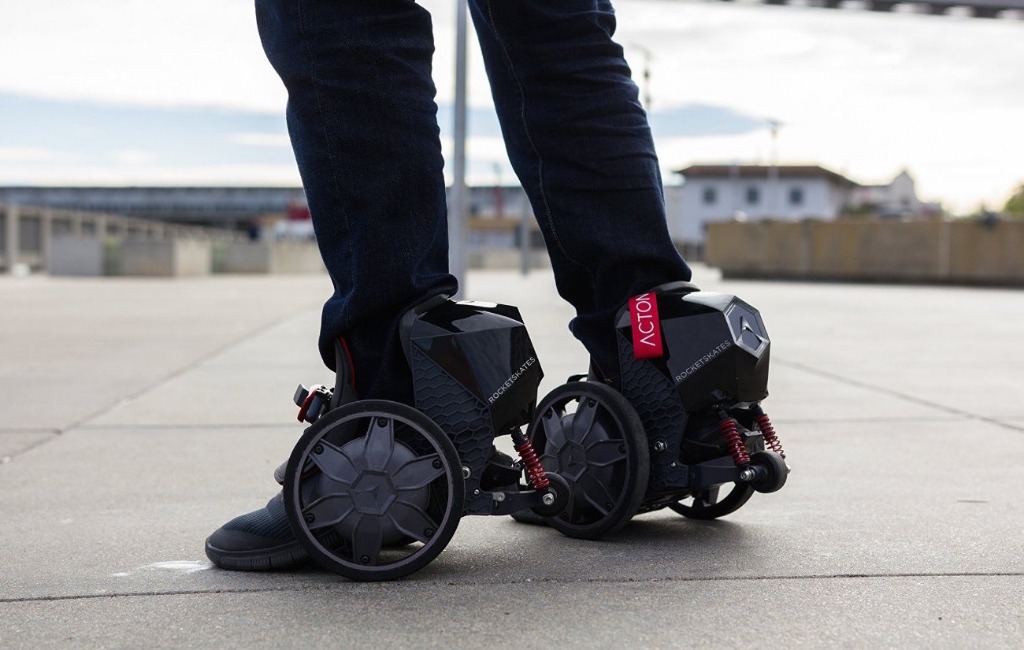
NO DEAL
EPISODE SUMMARY
🕓 Air Date: September 25, 2015
Asking For:
$1,000,000 for 3.5%
Investor:
No Deal
Deal:
No Deal
PRODUCT SUMMARY
Acton Rocket Skates are the world's smallest electric vehicle, wearable transportation that allows users to glide along at speeds up to 10 miles per hour by pressing down on their heels.
WATCH HERE
IN A RUSH?
Click these to jump to the section you want to read.
Background Story
Peter Treadway, the founder of ACTON Rocket Skates, hails from Los Angeles, California. The idea for Rocket Skates emerged from Treadway’s vision of revolutionizing personal transportation. Believing in the imminent change in transportation, he designed and manufactured Rocket Skates, the smallest electric vehicle globally. The product allows users to effortlessly glide at speeds up to 10 miles per hour, covering 10 miles on a single charge. Treadway pitched his innovative product on Shark Tank, seeking $1 million in exchange for 3.5% of his company.
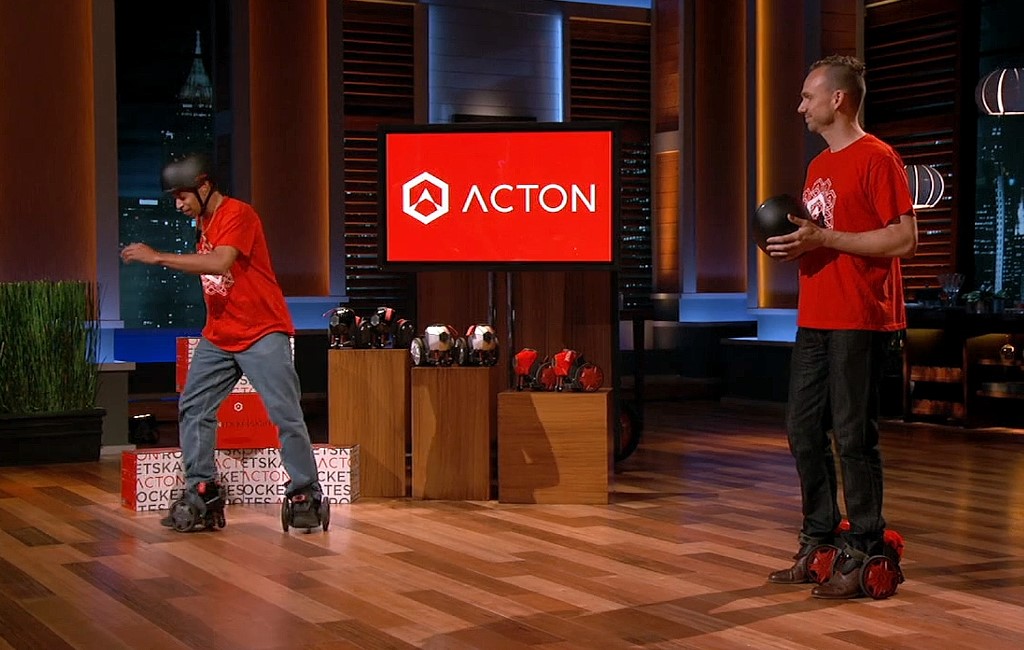
The Product
ACTON Rocket Skates are designed for convenience and fun. Users simply step into a pair of these motorized skates, press down on their heels to activate the motors, and push off to start gliding. The skates can reach speeds of up to 10 miles per hour and maintain the same speeds by wireless communication between them.
Notably, they are controlled entirely by the user’s feet, eliminating the need for a remote control. Rocket Skates are versatile, and compatible with various shoe types, excluding heels. With a range of 6, 8, or 10 miles, they come in three different price points: $499, $599, and $699.
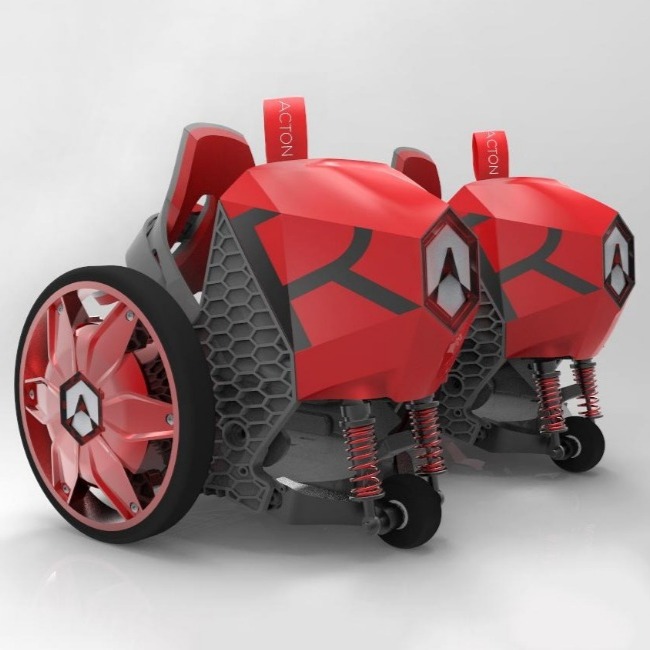
How It Went
The company’s position before Shark Tank
ACTON had a promising start, generating $1.5 million in sales in its first year, and the following year showed growth with $2 million in sales. The company aimed to tap into various distribution channels, including big-box stores like Target. Treadway revealed that their cost structure was around 40%, making the manufacturing cost for the $499 version approximately $200.
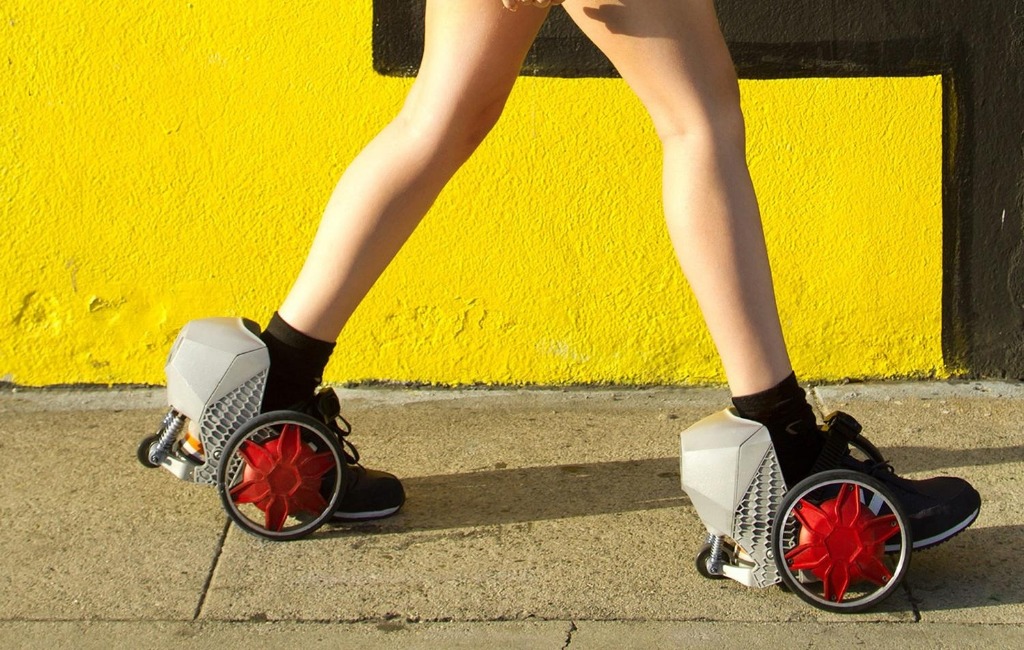
The company had already secured $2 million in seed funding and closed the first trench of its Series A round, raising an additional $2.5 million at a pre-money valuation of around $20 million. The negotiation took a turn when Treadway stated the company’s current valuation at $30 million.
The Negotiations:
The Sharks were intrigued by the technology but raised concerns about the high valuation. Peter Treadway initially sought $1 million for 3.5% equity, valuing the company at $28.6 million. Mark Cuban, finding the valuation too high, expressed doubts about the presentation’s lack of clarity on numbers. All the Sharks, one by one, dropped out, citing concerns about the valuation, the learning curve for users, and the market readiness of the product.
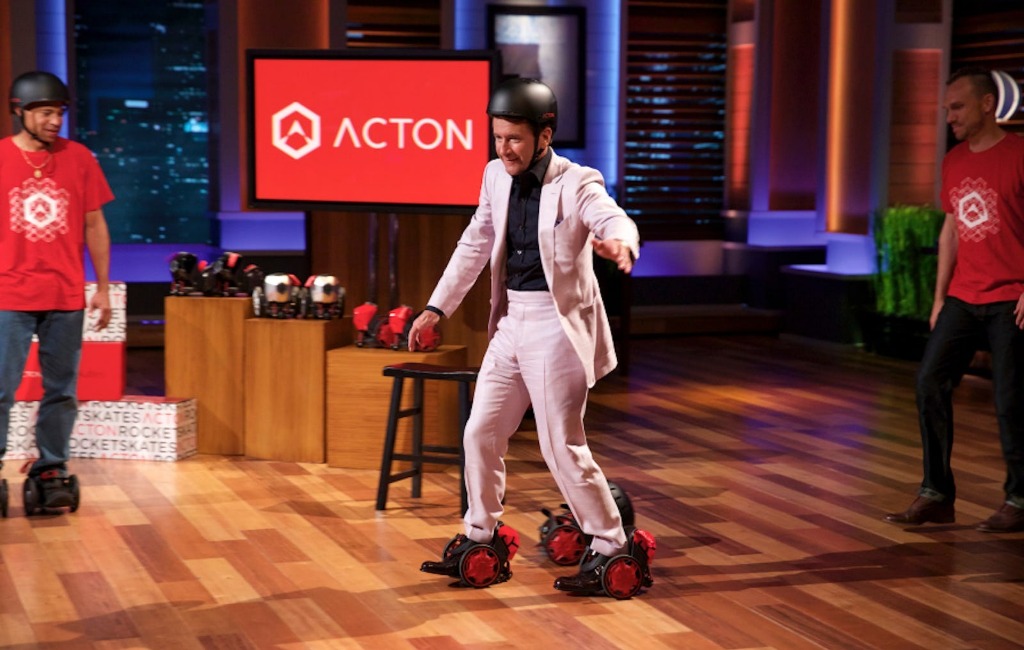
Kevin O’Leary made a final offer of $1 million for 15%, significantly higher than Treadway’s initial ask. Treadway countered with 8%, but O’Leary insisted on 15%. Ultimately, Treadway declined the offer, leading to a no-deal scenario. The Sharks expressed skepticism about the company’s future, highlighting the challenges of the product’s high price and the competitive market.






